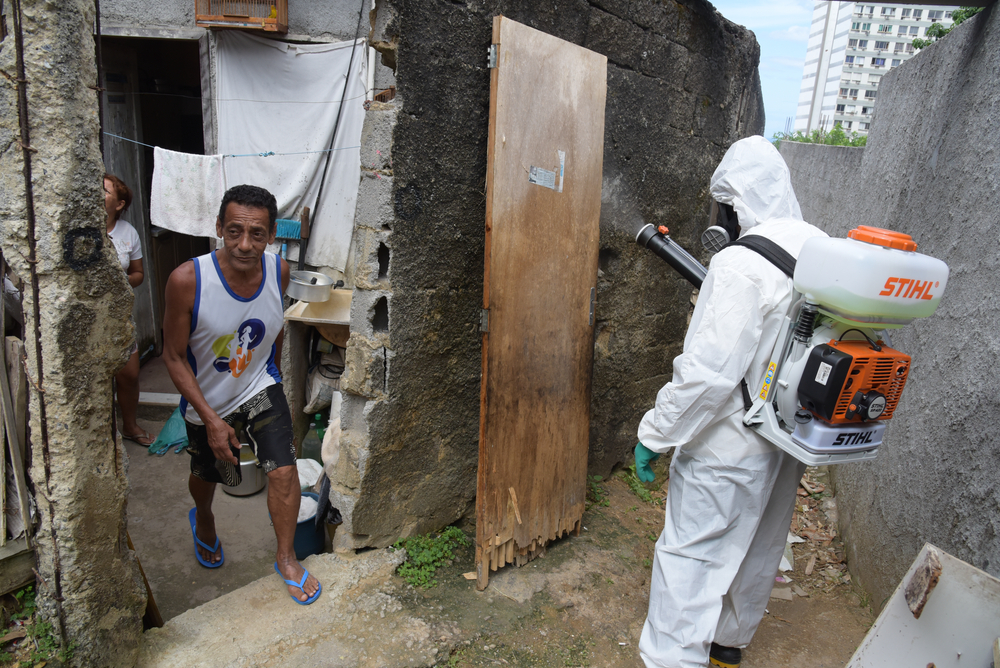“We are in this moment of tranquility when it comes to press coverage. Covid-19 is all [the media] talks about.” That phrase was uttered by Brazilian Environment Minister Ricardo Salles, during a now-infamous April 22 cabinet meeting. He explained to his boss and peers the golden opportunity the administration had to do away with environmental regulations, as reporters’ focus was elsewhere. At that point, the pandemic had already killed 2,741 Brazilians.
It is apparent that this government is indifferent to the victims of the pandemic and the suffering it has inflicted. Whose lives then matter in Brazil? Certainly not the majority of those who are dying from the coronavirus.
The virus was brought to Brazil by the rich who can still afford to travel to Europe and the U.S. despite the massive devaluation of the Brazilian Real. But, as reporter Augusta Saraiva showed on May 10, the majority of those dying from the pandemic are the poor and black.
The coronavirus has by no means been the “great equalizer” many talked about. If anything it has been the exact opposite.
Inequality: the geography of Covid-19 in Brazil
First the virus came to post neighborhoods like Jardins in São Paulo, the coronavirus hotspots are now on peripheral communities of Brazil’s major cities — where social distancing is impossible. All twenty neighborhoods with the most Covid-19 deaths are on the outskirts of...


 Search
Search






































